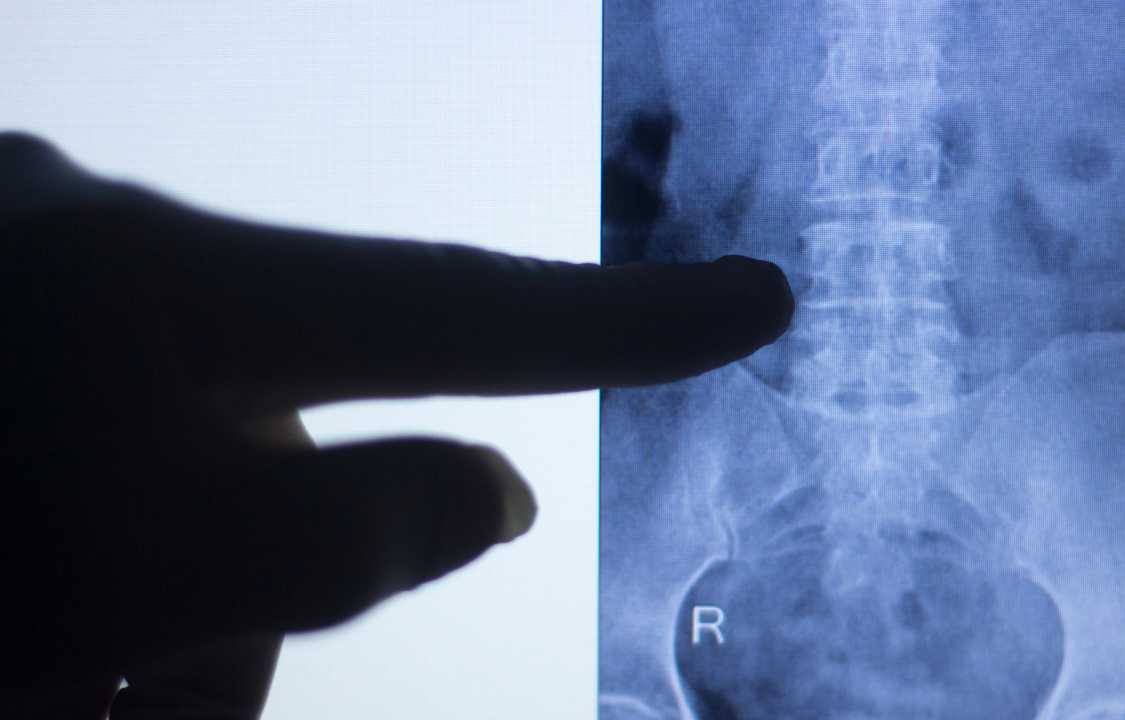Pain resulting from ruptured discs and arthritis doesn’t have to incapacitate you. There are various methods to alleviate lower back discomfort and decrease disability, often without resorting to pharmaceuticals. The challenges associated with spinal issues are an inherent consequence of our upright posture. The wear and tear on our backbones, coupled with the constant gravitational […]
Monthly Archives: December 2023
Consider this: your brain is always active, managing thoughts, movements, breathing, heartbeat, and more, 24/7, even during sleep. This constant activity requires a continuous supply of fuel derived from the food you eat. The quality of this fuel significantly impacts the structure, function, and ultimately, the mood of your brain. Similar to a high-performance car […]
In recent times, there has been a continuous flow of reports highlighting the risks associated with opiates, encompassing pain medications like codeine, Percocet, and OxyContin. While the adverse effects of illicit drugs such as heroin on lives and health are well-documented, the emerging concerns revolve around the dangers posed by prescription pain medicines. These medications, […]
Frederick Matthias Alexander, a Shakespearean actor in the 1890s, faced the perplexing issue of frequently losing his voice during performances. Determined to uncover the cause, he meticulously observed himself in multiple mirrors and identified a crucial pattern: intense muscle contractions in his upper body, particularly the neck, altered his posture just before speaking. Alexander hypothesized […]
Steroid injections for back and neck pain, which deliver medications mimicking the effects of cortisone and hydrocortisone, can bring relief but also carry risks. In 2011, about 2.3 million such injections were administered among people covered by Medicare. While they can provide profound relief, there are potential risks, including partial or total paralysis, brain damage, […]
Recovering from a low back pain flare-up can be a gradual process, spanning weeks to months. In conjunction with conventional care, such as anti-inflammatory pain relievers, staying active, undergoing physical therapy, and allowing the body to heal, massage therapy can offer additional relief. Massage has been shown to alleviate pain and facilitate a quicker return […]
Ibuprofen and other nonsteroidal anti-inflammatory drugs (NSAIDs), such as naproxen, have long been considered the “benign” choice for pain medication among both doctors and patients. Their non-addictive nature and the perceived difficulty of overdosing contributed to their popularity. Serious side effects, like gastrointestinal ulcers and bleeding, were thought to be limited to high doses over […]
Opioid painkillers are frequently prescribed to address the challenges of chronic low back pain. Nevertheless, a comprehensive analysis encompassing 20 trials, disclosed online on May 23, 2016, by JAMA Internal Medicine, has brought to light that these medications deliver only modest and short-term relief. Within this scrutiny, 13 placebo-controlled trials were conducted, involving 3,419 individuals […]
Older adults experiencing new-onset back pain often undergo CT scans or MRIs, despite current guidelines from the American College of Radiology. The guidelines suggest that early MRIs are “appropriate” for individuals aged 70 and older with new-onset back pain. However, a study from the University of Washington challenges this practice, indicating that such scans are […]
The approach to back pain has evolved over the years, posing a question that has perplexed generations of patients and doctors. In the early 1980s, during my medical school days, the recommendation for severe back pain often involved bed rest for a week or more, sometimes even requiring hospital admission. However, research emerged, challenging this […]










